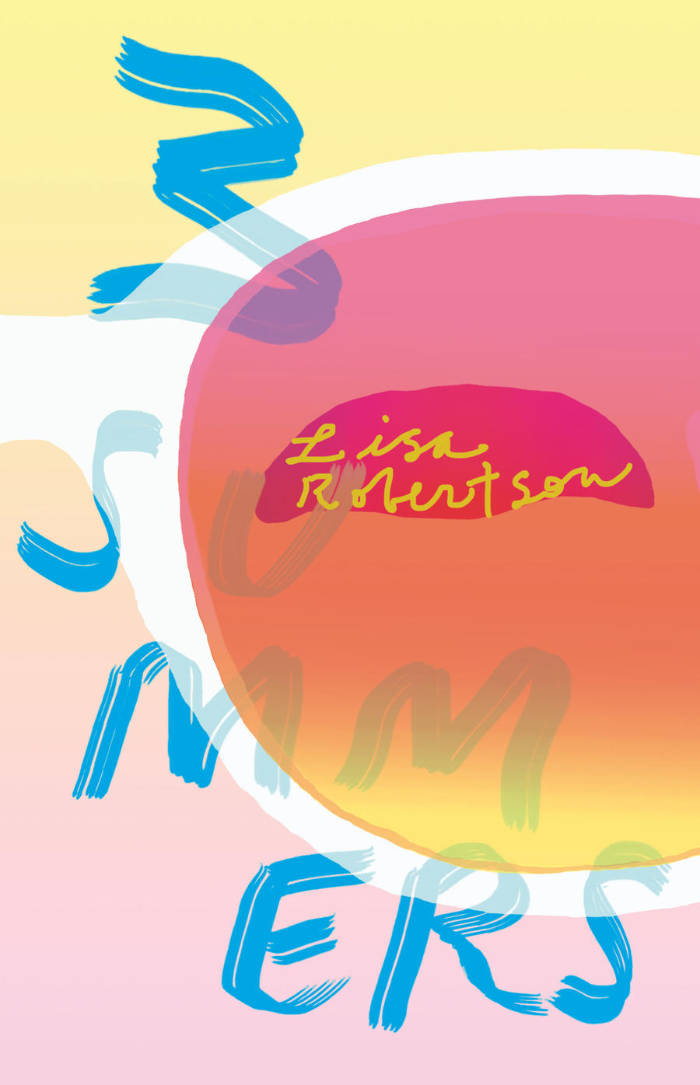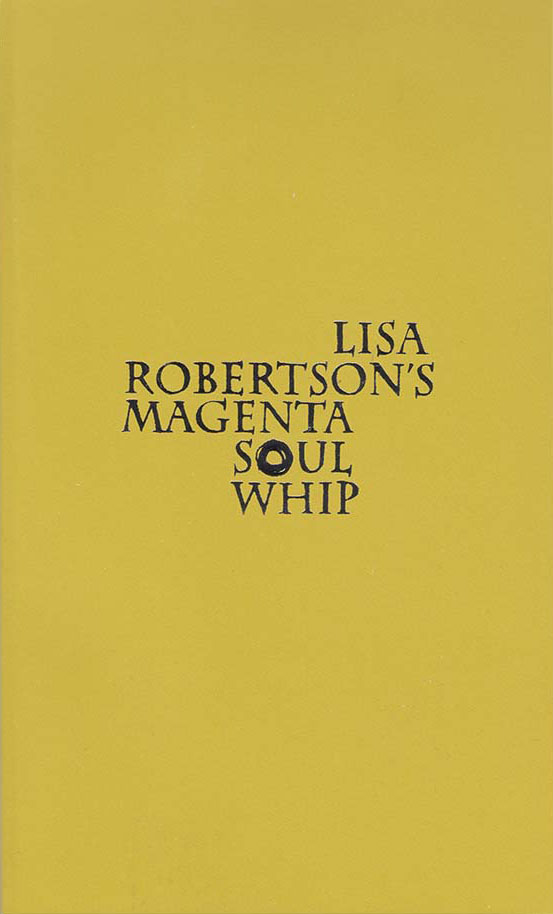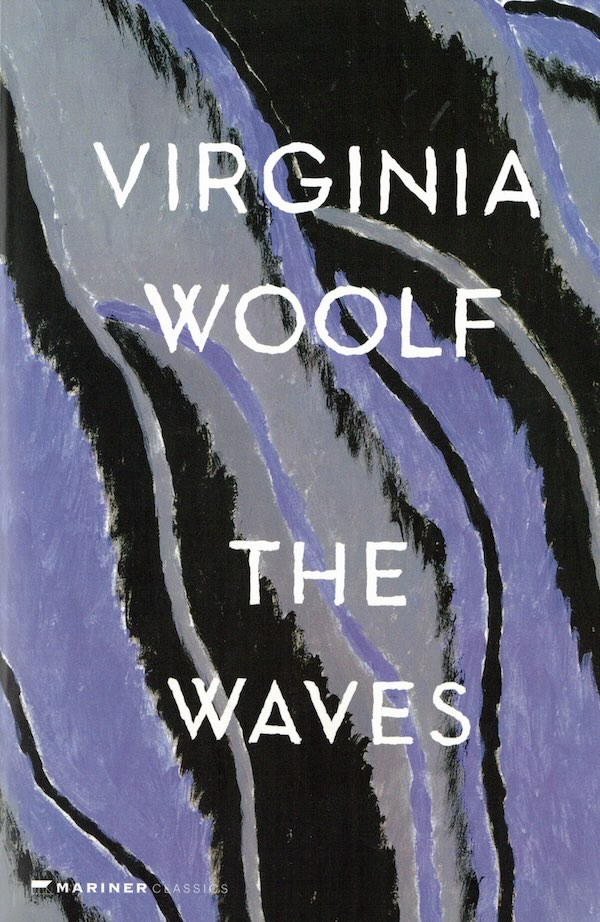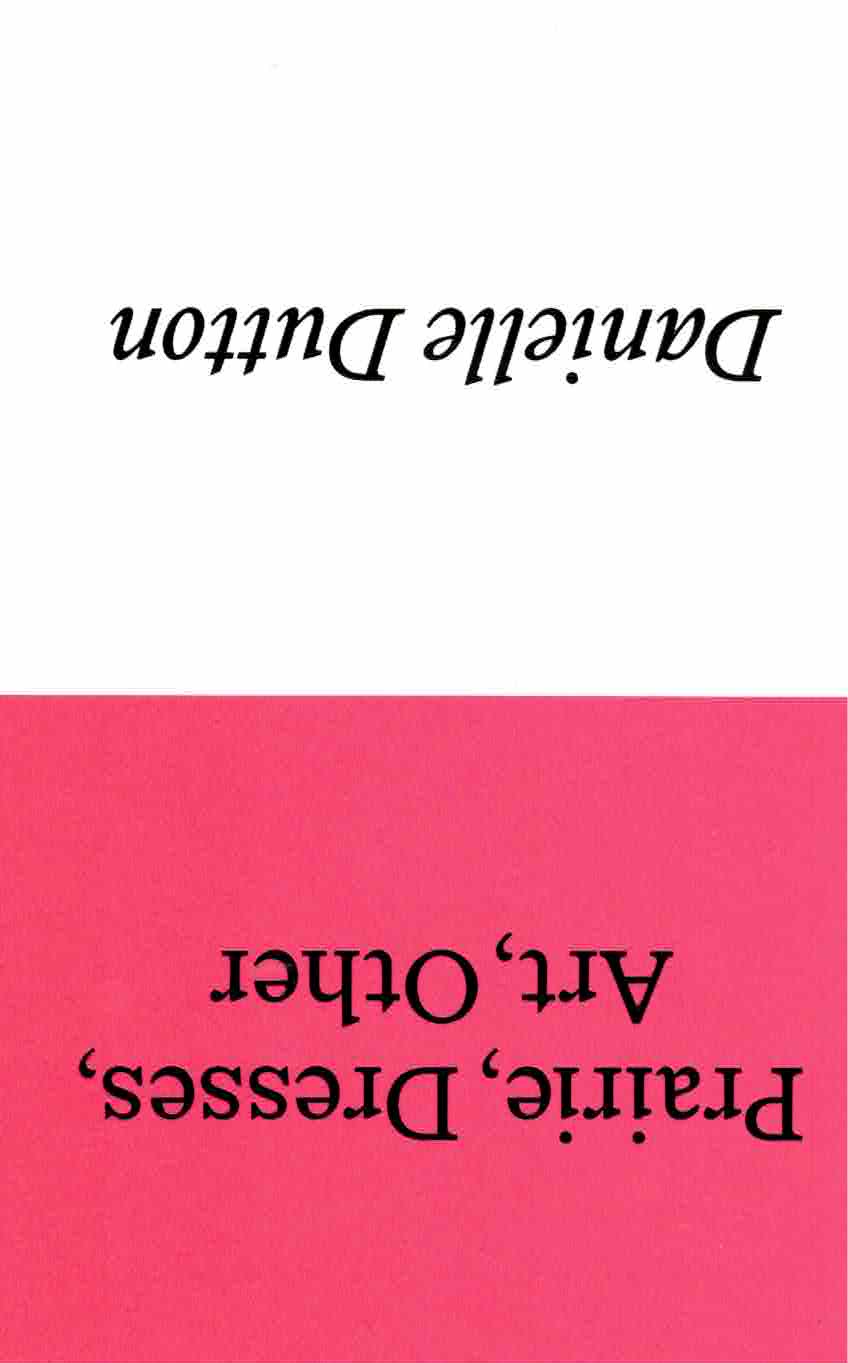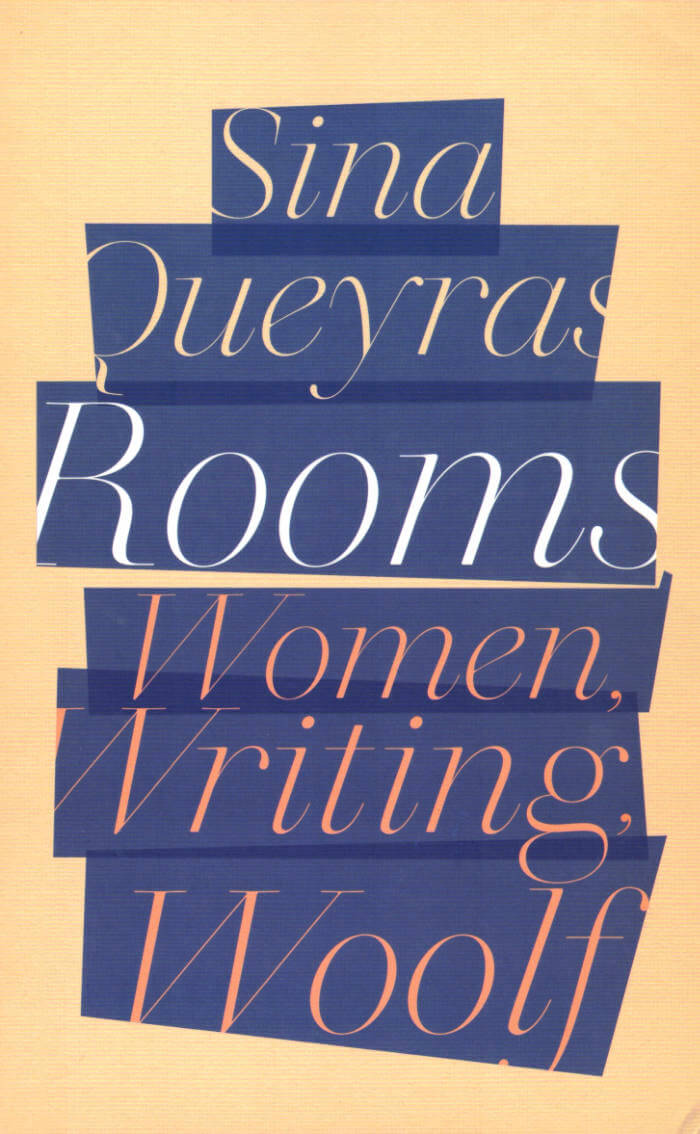
Rooms: Women, Writing, Woolf
From LAMBDA Literary Award winner Sina Queyras, Rooms offers a peek into the defining spaces a young queer writer moved through as they found their way from a life of chaos to a life of the mind.
Thirty years ago, a professor threw a chair at Sina Queyras after they'd turned in an essay on Virginia Woolf.
Queyras returns to that contentious first encounter with Virignia Woolf to recover the body and thinking of that time. Using Woolf's A Room of One's Own as a touchstone, this book is both an homage to and provocation of the idea of a room of one's own at the centre of our idea of a literary life.
How central is the room? And what happens once we get one? Do we inhabit our rooms? Or do the rooms contain us? Blending memoir, prose, tweets, poetry, and criticism, Rooms offers a peek into the defining spaces a young queer writer moved through as they found their way from a life of chaos to a life of the mind, and from a very private life of the mind to a public life of the page, and from a life of the page into a life in the Academy, the Internet, and on social media.
